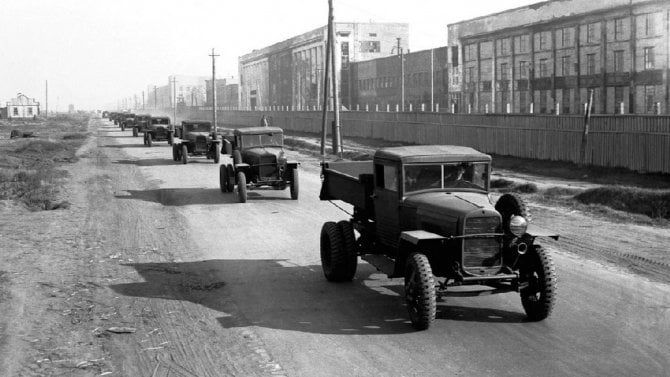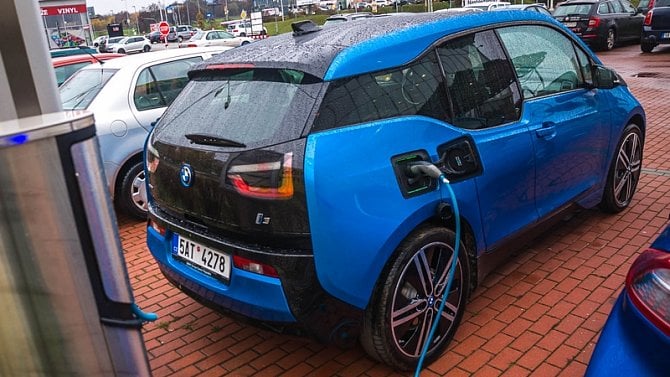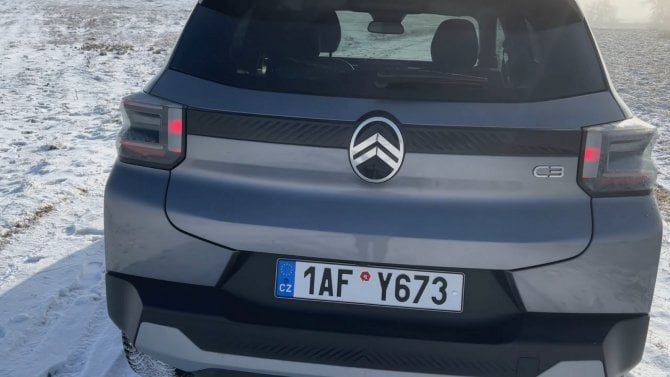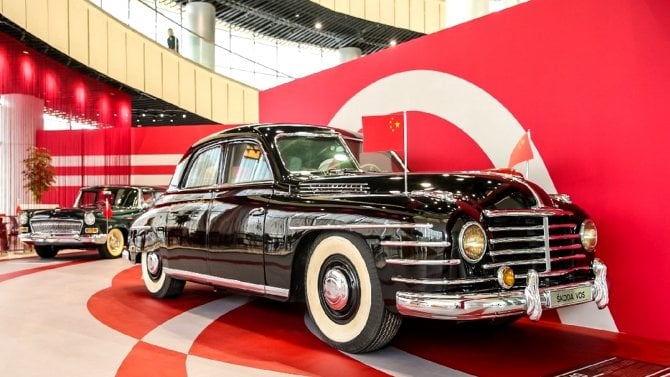...
By Markus Krah and Marcin Grajewski
BRUSSELS, June 22 (Reuters) - EU president Germany proposed on Friday launching negotiations on a treaty to reform European Union institutions without Poland's assent unless Warsaw accepted a compromise deal on the voting system.
Raising the stakes, a German government spokesman said the rest of the 27-nation bloc could not stand still and had a duty to preseve progress achieved on a treaty to replace the defunct EU constitution. Poland could join the consensus later, he said.
The statement came after Poland rejected a carefully crafted compromise offer on the decision making procedure, delivering a blow to other EU leaders' hopes of reaching agreement on Friday.
"We will try to save the many steps forward which we acheived in the last six months in a common mandate by the other member states for the Inter-Governmental Conference," a German government spokesman told reporters.
"The presidency has repeatedly dealt with the issues the Polish raised and recently made a proposal with far-reaching concessions to Poland," he said.
The EU has only once before launched an Inter-Governmental Conference on a new treaty without consensus -- in 1985 when then British Prime Minister Margaret Thatcher was overruled on the launch of talks on a Single European Act.
Polish Prime Minister Jaroslaw Kaczynski earlier rebuffed German Chancellor Angela Merkel's compromise offer in a live television interview, telling viewers: "We have hit a wall."
"The lack of any willingness to back down is very clear on the side of our partners and I am afraid there may be no way out ... I am very sorry about that," Kaczynski said.
His twin brother, President Lech Kaczynski, delivered Poland's official response to Merkel at a tense Brussels summit where most EU leaders had cooled their heels all day, waiting for the outcome of diplomatic efforts to win over the Poles.
French President Nicolas Sarkozy and Lithuanian Prime Minister Valdas Adamkus helped craft the compromise bid, which offered Poland a delay until 2014 in the new voting system and a mechamism for states just short of a blocking minority to postpone EU decisions and force further negotiations.
Sarkozy's spokesman said the president was attempting last-minute mediation with both Kaczynski twins.
BLUFF CALLED
Some leaders believed the Poles were posturing to win more concessions, but Merkel, who has endured months of anti-German rhetoric from Warsaw, seemed willing to call their bluff.
EU leaders were shocked by Poland's repeated references to its suffering at the hands of Nazi Germany during World War Two to justify its opposition to the voting system. It says it would have a larger population were it not for heavy wartime losses.
The leaders had earlier on Friday scored a first success in their summit by reaching a broad agreement on creating a new, single post to run the 27-nation bloc's foreign affairs.
But the meeting risked failure over the attempt to overhaul the EU's rickety institutions with a new treaty, two years after a more ambitious constitution was rejected by voters in France and the Netherlands.
Poland argued that the reformed voting system would favour big countries, especially Germany, at its expense.
Britain had stood its ground on other issues but most of its key concerns on national sovereignty appeared to have been met.
Warsaw was also offered guarantees that the rest of the bloc would back it in the event of future energy crises, a concern of Poland which neighbours gas and oil exporter Russia.
The EU leaders agreed on the job title, role and powers of a High Representative of the EU for foreign policy, defence and security. The post will combine the jobs of foreign policy chief Javier Solana, who does mostly crisis management, and External Relations Commissioner Benita Ferrero-Waldner, who controls the executive European Commission's aid budget.
The new foreign policy chief would chair meetings of EU foreign ministers and head a combined external action service drawing on both national and EU diplomats, after Britain dropped its reservations on those points, the diplomats said.
British Prime Minister Tony Blair said he also saw progress on other areas of the treaty that London opposes.
Keywords: EU TREATY/




 Auta osvoboditelů – z východu: Československo a celá Evropa se staly křižovatkou vojenské techniky
Auta osvoboditelů – z východu: Československo a celá Evropa se staly křižovatkou vojenské techniky
 Auto blokující nabíjecí stanici bude možné odtáhnout. A je jedno, jestli má spalovací motor, nebo je to elektromobil
Auto blokující nabíjecí stanici bude možné odtáhnout. A je jedno, jestli má spalovací motor, nebo je to elektromobil
 Ikona je zpět jako elektromobil a je skvělá! Poprvé jsme se svezli s novým Renaultem 5
Ikona je zpět jako elektromobil a je skvělá! Poprvé jsme se svezli s novým Renaultem 5
 Videodojmy: Tenhle malý hatchback jezdí za šest litrů, odveze čtyři lidi a nestojí ani 400 tisíc
Videodojmy: Tenhle malý hatchback jezdí za šest litrů, odveze čtyři lidi a nestojí ani 400 tisíc
 Škoda VOS: Historie československých vládních automobilů je přehledem politických obratů
Škoda VOS: Historie československých vládních automobilů je přehledem politických obratů
